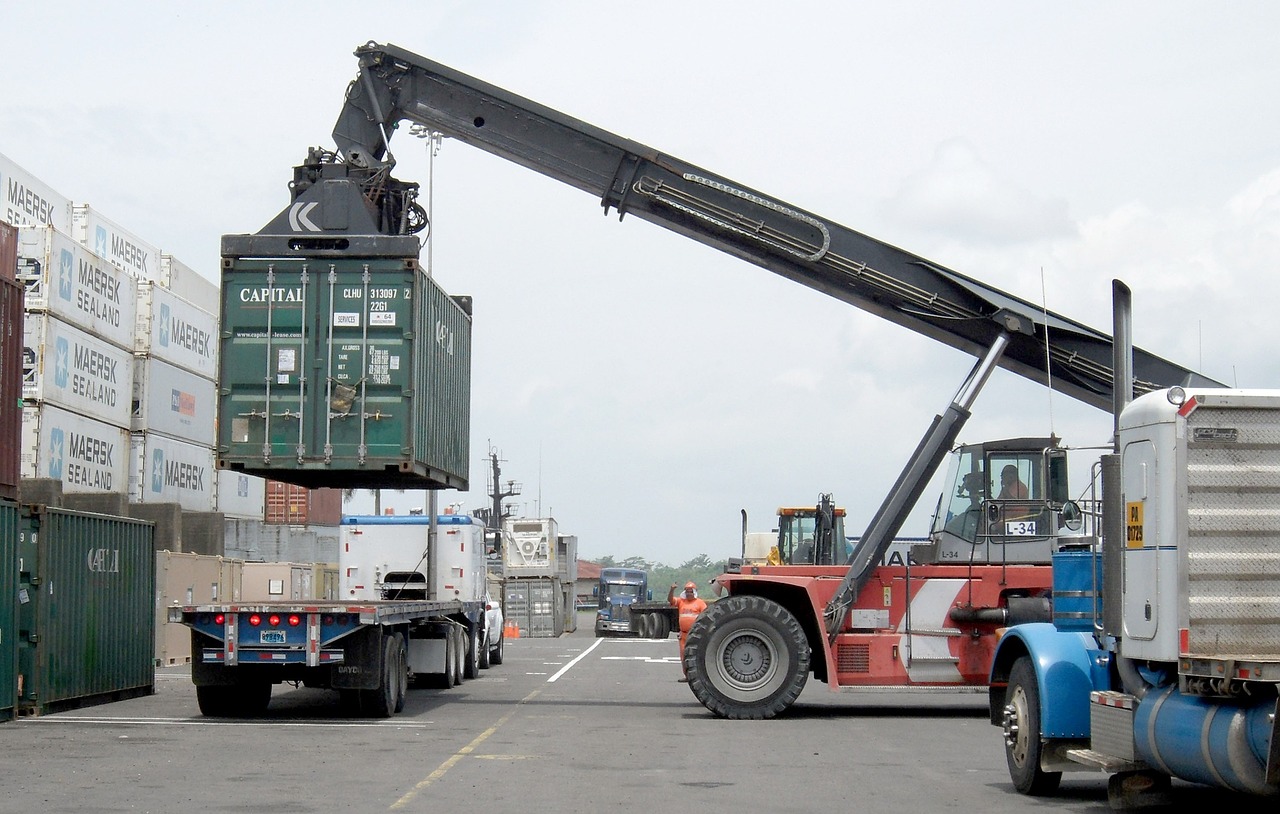 EMERGING TECH
EMERGING TECH
 EMERGING TECH
EMERGING TECH
 EMERGING TECH
EMERGING TECH
Major shipping industry logistics company Marine Transport International USA LLC announced today the successful completion of its blockchain pilot program using its distributed ledger technology called Container Streams to enhance security and reduce costs.
MTI executed the pilot program with the participation of Agility Sciences Ltd. The program was verified by computer scientists at the University of Copenhagen and maritime technology leads at Blockchain Labs for Open Collaboration.
Blockchain technology has been sought after and tested by the international shipping industry to help reduce costs and increase auditability and interconnectivity for shipping fleets over the past year. In May, Samsung Electronics Co. Ltd. announced the buildout of a blockchain network for a consortium of Korean shipping industry companies, and in August, IBM Corp. joined several major Singaporean shipping giants in a blockchain supply-chain trial.
In many of these cases, blockchain distributed ledgers have been deployed to aid in streamlining logistics and providing a tamperproof and private audit trail. In the case of Container Streams, MTI and Agility Sciences built out the blockchain network to test its resilience against cybersecurity threats that target the shipping industry.
“The blockchain has proven to be an excellent way of connecting the different parties involved in any supply chain environment due to the transparency and security-by-design of the technology,” said Jody Cleworth, chief executive of Marine Transport International. “In recent months, the shipping industry has fallen victim to industrial-scale cyberattacks which have left large shipping lines, such as Maersk, paralyzed and unable to serve clients.”
In June, shipping company A.P. Moller-Maersk fell victim to a computer virus attack that crippled its information technology systems. The ransomware virus called GoldenEye or Petya by cybersecurity researchers spread from Ukraine and affected companies in dozens of countries. The virus affliction slowed Maersk’s unloading of vessels at its Tacoma terminal so much that the dockworkers on hand reported the need to go back to pen-and-paper logs.
“A blockchain-enabled supply chain is highly resilient to cyberattack,” said Cleworth. “A copy of the essential shipping data is stored on each node on a decentralised network, meaning that even if one node is compromised, the data is safe nevertheless.”
MTI and Agility Sciences went with the Container Streams implementation of blockchain because it can augment existing supply chains at MTI by allowing for interoperability with legacy infrastructure.
Karim Jabbar from the Department of Computer Science at the University of Copenhagen said the pilot showed great promise for improving supply chain processes. “The logistics industry as a whole can expect better visibility, connectivity and cost savings as a result of distributed ledger adoption,” he said.
Cleworth went on to say that MTI expects cost savings approaching 90 percent as a result of a substantially streamlined process and increased protection against cyberattacks such as the one that struck Maersk.
THANK YOU